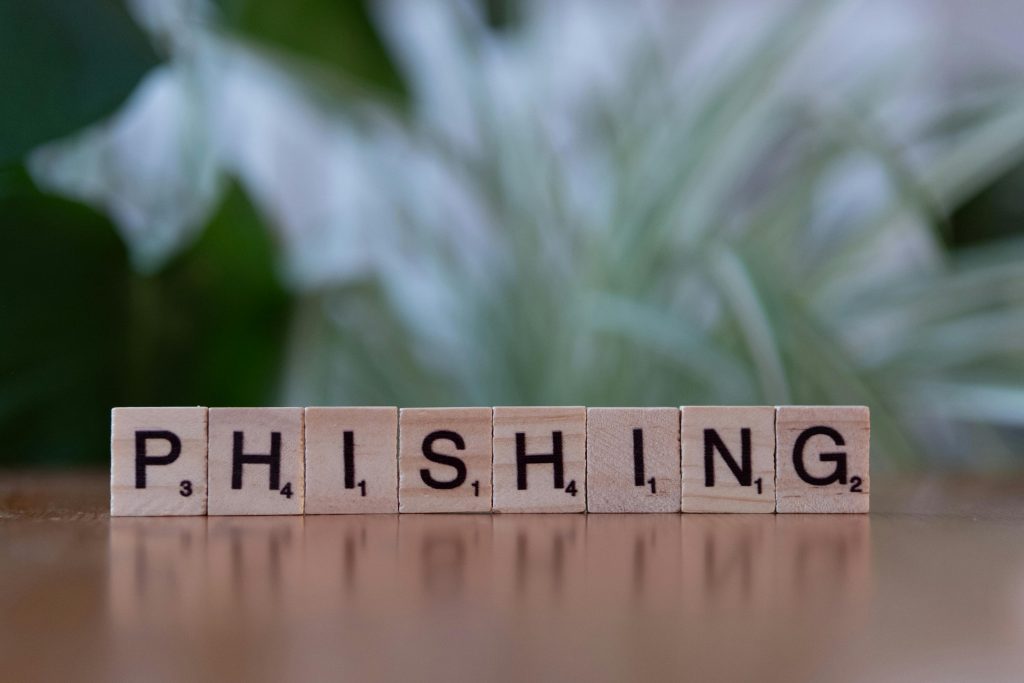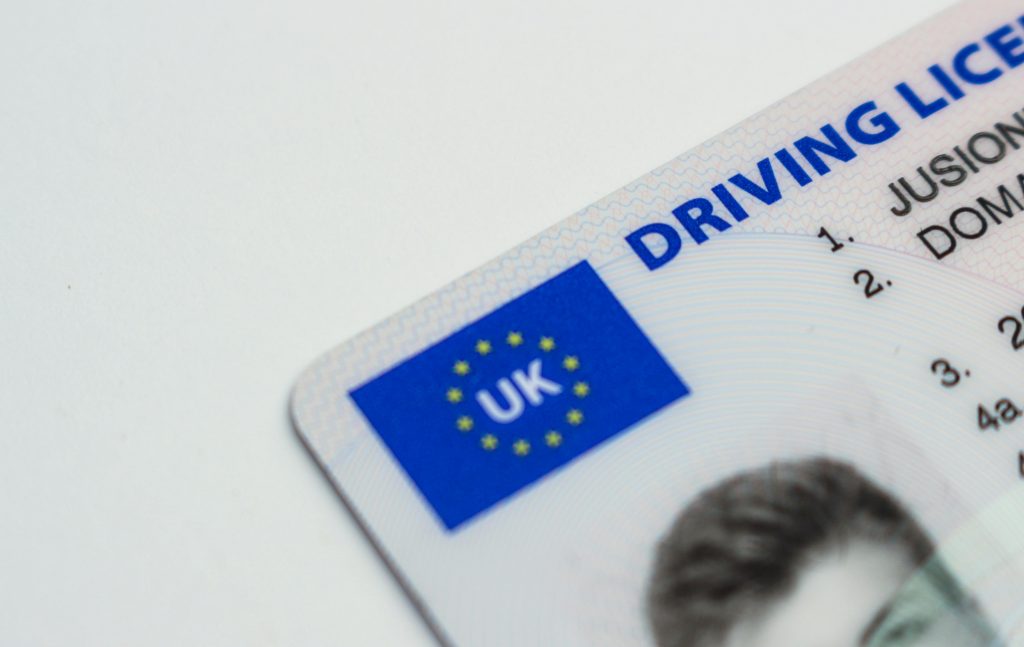A well-crafted two weeks notice letter is not just a formal resignation—it’s a chance to leave a lasting impression on your employer. By writing a thoughtful resignation letter with gratitude and professionalism, you can ensure that you leave on good terms with your employer and colleagues and maintain positive relationships for future references.
In this blog, we’ll show you how to write a two weeks notice letter that expresses your appreciation and also helps you personalise your resignation professionally, making it a smooth exit.
Writing a Thoughtful Two Weeks Notice Letter with Gratitude
Expressing Gratitude for the Opportunity
Showing appreciation in your resignation letter is essential. It sets a positive tone and reinforces that your time with the company was valuable. Whether you gained new skills, developed professionally, or made meaningful connections, acknowledge these experiences.
Example: “I would like to express my gratitude for the opportunity to work at [Company Name]. It has been a rewarding experience, and I have learned valuable skills that will aid in my professional growth.”
This kind of appreciation helps end your time with the organisation on a respectful note and leaves a positive impression with your employer.
Keeping It Positive and Professional
Even if your experience at the company was not ideal, it’s crucial to stay positive in your letter. Refrain from criticising colleagues, policies, or management. Focus instead on the good—what you learned, who helped you, and how the experience supported your growth.
Keeping your message professional ensures that you maintain a good reputation and avoid unnecessary conflict. Future employers may contact your previous company or the employer for a reference, so it’s important to leave behind a solid impression.
How to Personalise Your Two Weeks Notice Letter Professionally
Include Specific Details Relevant to Your Role
A personal touch can make your letter more meaningful. Consider referencing particular projects, achievements, or teams you enjoyed working with. This shows that you valued your experience and were engaged in your role.
Example: “I truly enjoyed contributing to the launch of [Project Name], and I’m proud of the teamwork and collaboration that helped us reach that milestone.”
These specific mentions remind your employer of your contributions and strengthen your professional legacy.
Tailoring the Tone Based on Your Relationship with Your Employer
The tone of your resignation letter should reflect the relationship you had with your employer. If you’ve had a warm, supportive connection, a slightly personal tone is appropriate. If the relationship was more formal, maintain a strictly professional voice.
Casual Example: “Working under your leadership has been an honour, and I’ve appreciated your mentorship and encouragement along the way.”
Formal Example: “I would like to thank you and the management team for the guidance and support I’ve received during my time at [Company Name].”
Being thoughtful about tone helps your message resonate more effectively.
Offering Help with the Transition Process
Offering your assistance during the transition period reinforces your professionalism. Whether it’s training a replacement, documenting procedures, or finishing critical tasks, your willingness to help is always appreciated.
Example: “I am happy to assist with training my replacement or completing any outstanding tasks before my departure. I aim to ensure a smooth handover and contribute positively during my remaining time.”
These gestures make a big difference and show that you care about your team and the company’s continued success.
Sample Two Weeks Notice Letter
Dear [Manager’s Name],
Please accept my letter as formal notice of resignation from [Your Position] at [Company Name], effective two weeks from today. My last working day will be [Insert Exact Date].
I want to express my sincere gratitude for the fantastic opportunity that was given to me to work at [Company Name]. The experience has been truly enriching, and I’ve had the chance to work with an incredible team on meaningful projects and collaborate with various dedicated partners.
One of the highlights of my time here was being part of [Project/Team/Initiative]. It taught me [mention a key skill or value], and I am thankful for the support and learning opportunities I’ve received throughout my tenure.
To ensure a smooth and easy transition, I am happy to assist in training my work successor or documenting key responsibilities. Please let me know how I can support you and the team in the coming weeks.
Thank you once again for everything. I wish success and growth to the company.
Warm regards,
[Your Name]
[Your Contact Information]
Frequently Asked Questions
What should I include in a two weeks notice letter in 2025?
A two weeks notice letter in 2025 should include your intent to resign, your last working day, an expression of gratitude, an offer to help with the transition, and a positive closing.
How can I personalise my two weeks notice letter?
Personalise your two weeks notice letter by mentioning specific projects, skills, or experiences you gained during your time at the company. Tailor the tone based on your relationship with the employer.
Should I mention why I am leaving in my two weeks notice letter?
You do not need to mention the reason for your departure, although you can choose to do so if you feel comfortable. Focus more on expressing gratitude and maintaining a professional tone.
How do I write a professional two weeks notice letter?
Keep your letter brief, professional, and positive. Express gratitude, mention your last working day, and offer to assist with the entire transition process before your departure.
Can I make my two weeks notice letter more personal?
Yes, if you’ve had a close relationship with your employer, you can add a personal touch, but ensure the tone remains respectful and appreciative.
Final Thoughts
Writing a thoughtful two weeks notice letter is an opportunity to close one chapter of your career with professionalism and gratitude. By taking the time to reflect on your experience and tailor your message to your employer, you show maturity, professionalism, and class.
Always remember that how you leave a role can influence future references and networking opportunities. Leave a legacy of appreciation, collaboration, and respect—and your employer will remember you positively long after you’ve moved on.










